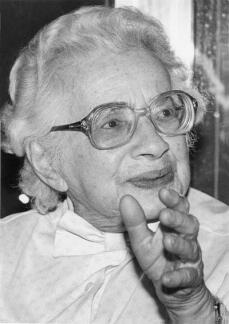The Käte Hamburger Centres
The Käte Hamburger International Centres have been funded by the Federal Ministry of Education and Research (BMBF) since 2008. They offer humanities scholars and social scientists the freedom to conduct research on topics of their own choice and to develop new perspectives in dialogue with colleagues from all over the world. In this way, the “Kollegs” named after the literary scholar and philosopher Käte Hamburger make an important contribution to the internationalisation of the humanities. From the apocalypse to globalisation, they are each dedicated to a specific overarching theme, test innovative approaches in research and knowledge transfer and promote interdisciplinary exchange.
Käte Hamburger Centre for Apocalyptic and Postapocalyptic Studies (CAPAS)
Käte Hamburger Centre for Advanced Study in the Humanities ‘Cultures of Research’ (c:o/re)
Käte Hamburger Centre for Advanced Study in the Humanities ‘Heritage in Transformation’ (inherit)
Käte Hamburger Centre for Advanced Study in the Humanities ‘Cultural Practices of Reparation’ (CURE)
Further information on the Käte Hamburger Centres can be found here.


